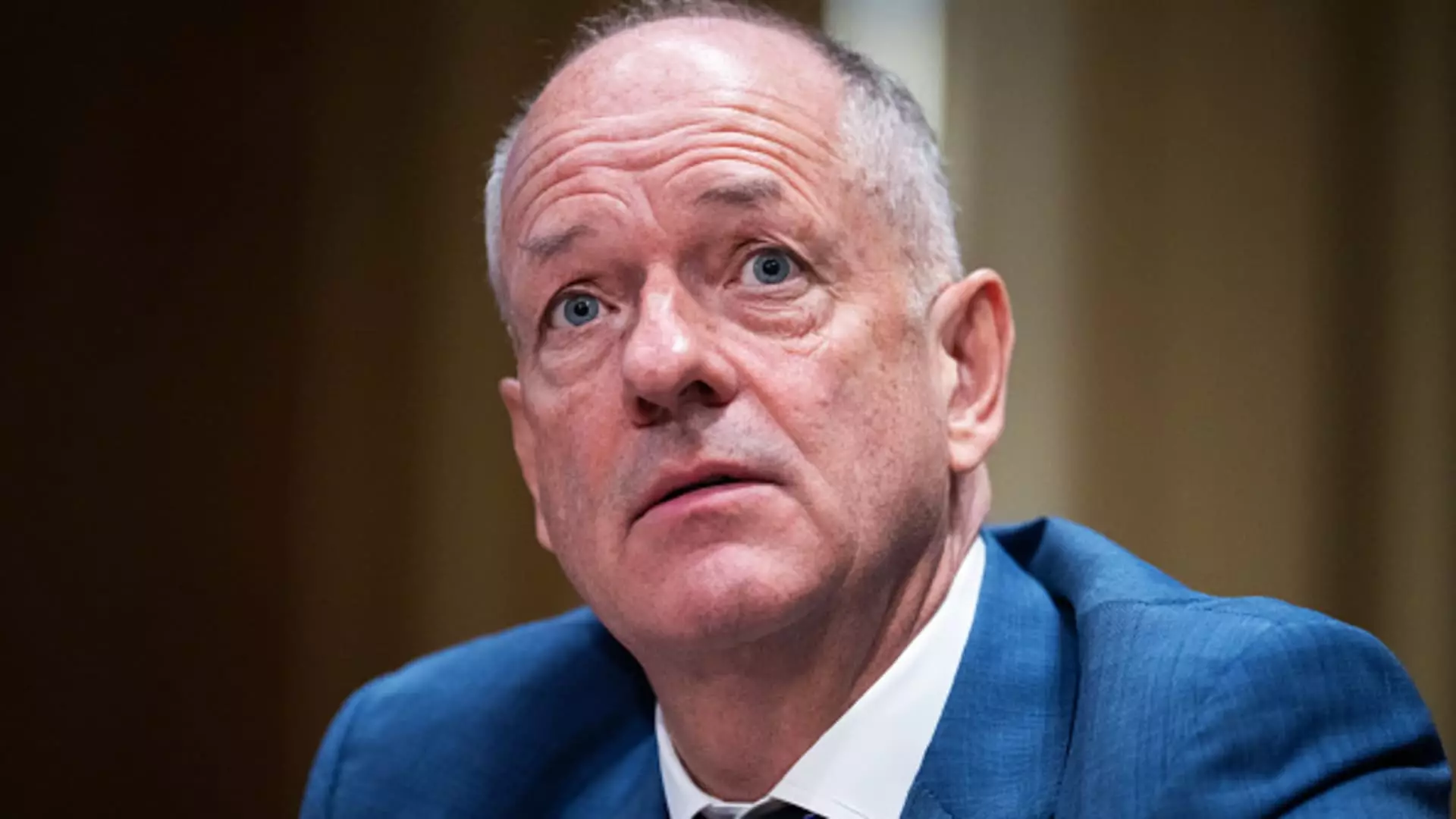The recent passing of Brian Thompson, a prominent figure in UnitedHealth Group as the CEO of UnitedHealthcare, has not only cast a shadow over the company but has also sparked urgent discussions surrounding the state of the American healthcare system. In a poignant New York Times opinion piece, Andrew Witty, CEO of UnitedHealth Group, expressed his condolences while highlighting the fundamental flaws that plague the current healthcare landscape. The loss of Thompson, who was a critical voice in advocating for a more inclusive and efficient healthcare system, brings to light many frustrations shared among patients and stakeholders alike.
Critical Analysis of the Healthcare System
Witty’s remarks point to a sentiment that many share: the healthcare system in the United States is a convoluted patchwork created over many years, lacking coherence and user-friendliness. The admission that “no one would design a system like the one we have” succinctly encapsulates the frustrations voiced by millions of Americans. With escalating premiums, unforeseen medical bills, and a general sense of opacity in policy decisions, patients often feel vulnerable when navigating health insurance.
The chaos within the system is exacerbated by rising healthcare costs, exacerbated by inconsistent coverage and service delivery. Thompson’s death coincides with a significant moment of reflection within the industry, as critics have long condemned insurers as the primary culprits behind rising healthcare expenses and insufficient access to essential services.
In light of this tragedy, Witty’s call for partnership across the healthcare spectrum emerges as a beacon of hope. He emphasizes the essential role of collaboration between insurers, healthcare providers, pharmaceutical companies, and government entities. This multifaceted approach aims to improve clarity and communication regarding coverage, ensuring that patients receive not only affordable healthcare but also a greater understanding of their rights and options.
However, while such ambitions are noble, the depth of distrust that many Americans feel towards the healthcare insurance sector cannot be overlooked. The public readily shares stories of denied claims and arbitrary policy decisions, reinforcing the notion that the insurance sector remains a hindrance rather than a helper in accessing care. To truly enact change, there must be a transparent effort from the industry to address these grievances candidly.
Witty concluded with an acknowledgment of the immense task facing the industry, telling readers that the intricate web of claims and policies often relies on a “comprehensive and continually updated body of clinical evidence.” While this assurance of patient safety is critical, it must be accompanied by ongoing dialogue that empowers patients and prioritizes their needs.
As the healthcare landscape evolves post-tragedy, it is pivotal for organizations like UnitedHealth Group to not simply aim for profit maximization but rather transform into advocates for a system that genuinely serves the people. The death of Brian Thompson serves not only as a tragic loss but an opportunity to ignite necessary reforms and elevate patient experiences above all else, ensuring that the echoes of discontent transform into meaningful change.

